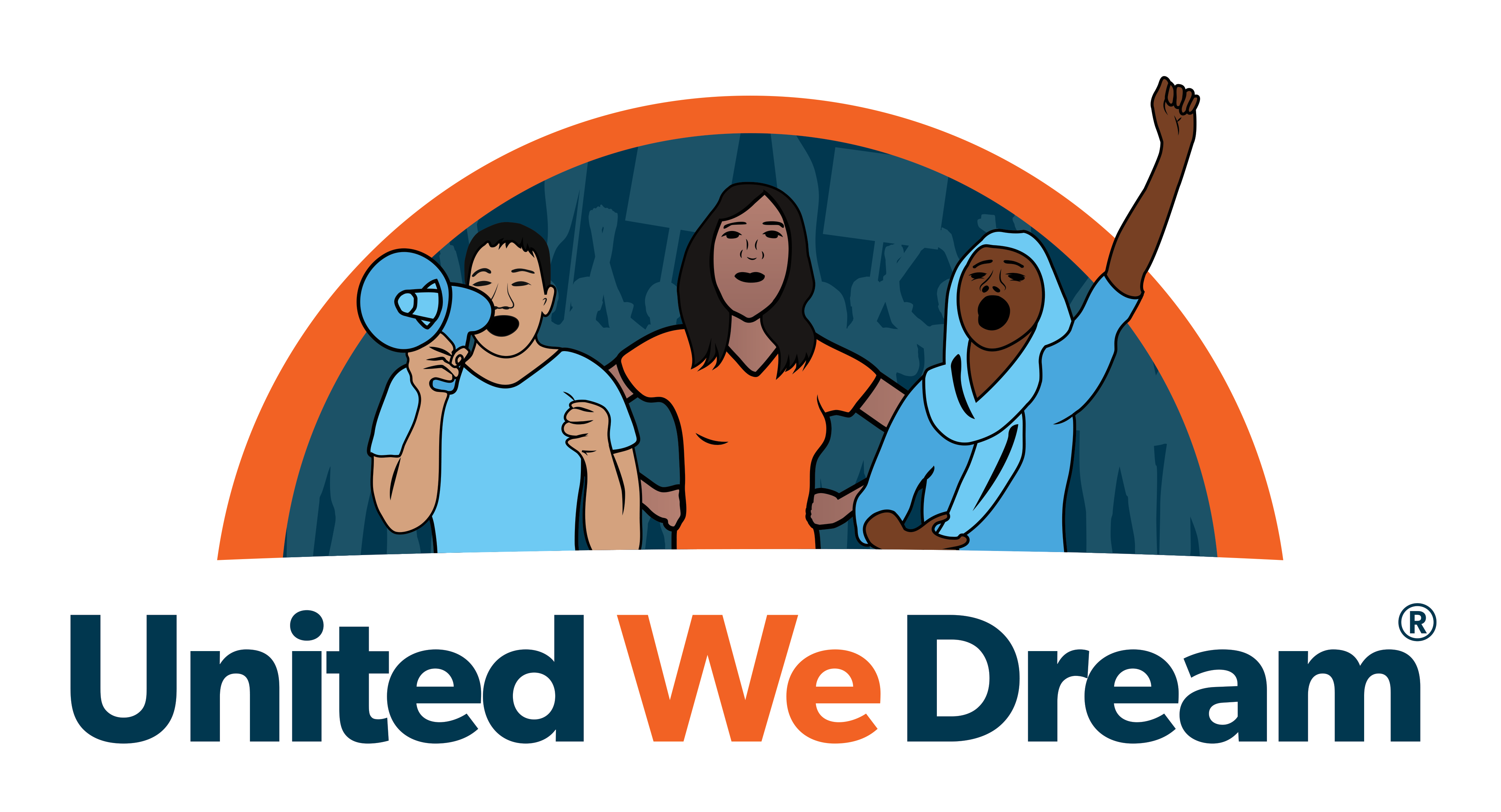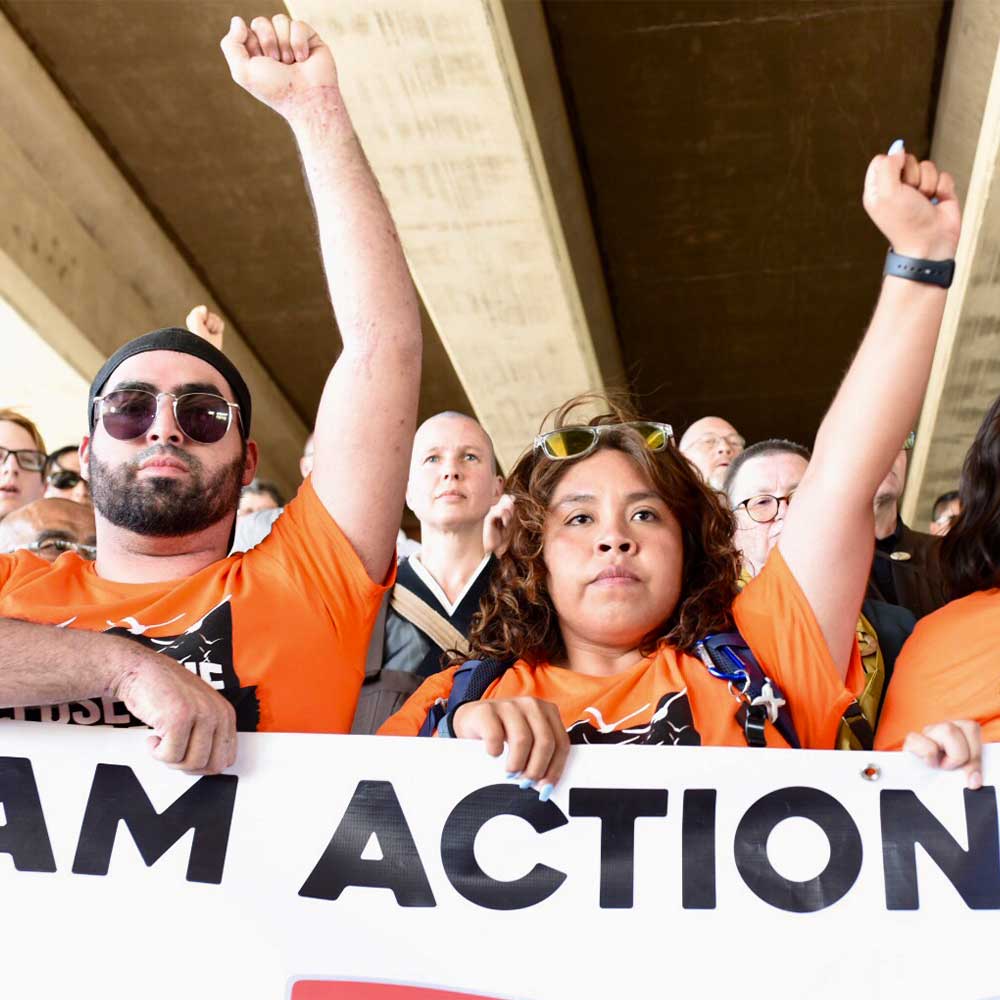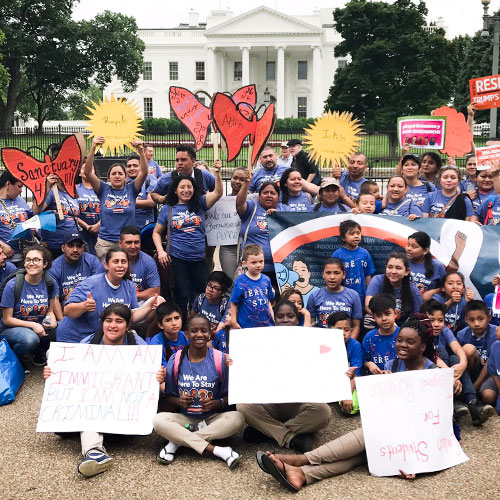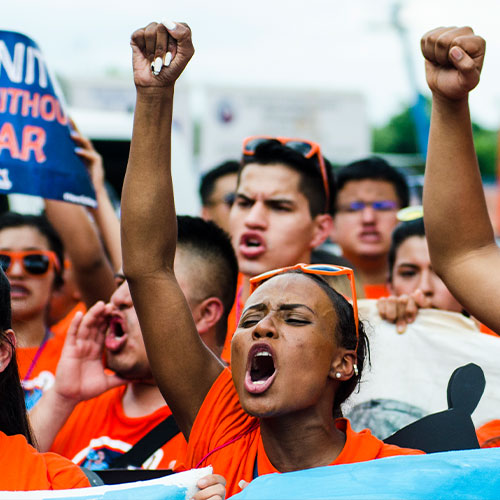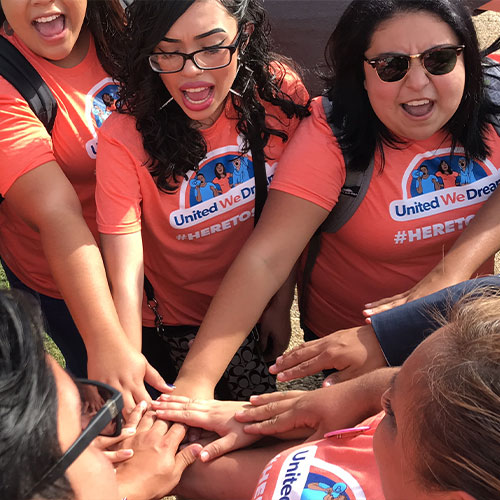New York, NY— Activists and advocates, particularly those focused on criminal justice and immigration, have a messaging problem. Too often, reformers make their arguments through the frame of easiest cases – simplistic stories of a “villain” or a “hero” – highlighting aspects of the criminal-legal or immigration system they believe most Americans will find unjust or excessive.
In “Beyond The Easiest Cases: Creating New Narratives for Criminal Justice and Immigration Reform,” authors Matthew Desmond and Greisa Martinez Rosas argue that this framing could potentially undermine the ability to achieve bold systemic changes. Relying on their personal experiences of organizing and movement building alongside research, the authors also offer ways to build new narratives that more effectively influence public understanding and public policy.
In criminal justice, people convicted of nonviolent, nonserious and nonsexual crimes dominate the narrative, suggesting that punitive overreach and injustice only happen to people who have committed minor offenses. In immigration debates, reformers uphold “Dreamers,” hitching youth to their undocumented status in order to compel deservedness and suggest upward mobility. The authors offer new narratives that focus on the problems of systems rather than people, prioritize messengers who have lived experience, and expect more from audiences. Often, justice narratives respond to fear: the fear stoked by racial discord, moral panic, and violence. Instead, stories should be hopeful and imaginative to move us forward and sustain real change.
“It’s important that we think critically about the stories we tell about crime and immigration in America. We can make justice narratives more powerful and effective, but to do so, we need to change the kinds of stories we tell and the kind of people who get to tell them”
said Matthew Desmond, co-author of the paper, bestselling author of Evicted and founder of The Eviction Lab.
“At the core of transformational organizing is the belief that those directly impacted are closest to the pain, and therefore the solutions, innovations and breakthroughs,”
said Greisa Martinez Rosas, co-author of the paper and Executive Director of United We Dream.
”Our storytelling doesn’t concede to one-dimensional storytelling because we know that fearless storytelling of justice, citizenship and dignity led by those most directly impacted is not only the most moral choice but the one that’s most likely to succeed.”
This report is released through the Square One Project’s Executive Session on the Future of Justice Policy, which seeks to generate and cultivate new ideas around the work to reimagine justice. Read the full report HERE.
